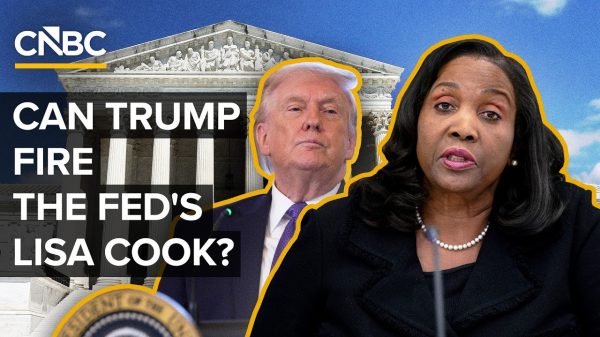The Department of Education is canceling $130 million in federal student debt for 7,400 borrowers who the agency found were scammed by their school, the Department announced Tuesday.
Borrowers impacted by the announcement attended Colorado-based locations of CollegeAmerica between Jan. 1, 2006 and July 1, 2020, the agency said. Eligible borrowers who already made payments on these loans will also receive refunds. The school and its parent company, the Center for Excellence in Higher Education, used misleading job placement rates and salary information to lure students into enrolling and taking on debt, the Department found.
“Nothing can replace the time these students spent, the years that have passed and their trust that is broken,” Richard Cordray, the chief operating officer of the Office of Federal Student Aid, told reporters Tuesday. But he said the agency will do what it takes “to make things right.”
The relief announced Tuesday is distinct from the mass student-debt forgiveness that was blocked by the Supreme Court and captured headlines in recent months. If the Biden administration is able to successfully implement broad student-debt relief, it would likely impact millions of borrowers regardless of where they went to school.
The debt cancellation announced Tuesday is the latest development in a years-long quest by advocates and activists to get relief to borrowers who have been scammed by their schools through a regulation known as borrower defense.
The law has been on the books since the 1990s, but it was rarely used until the mid 2010s when students who had attended shuttered for-profit colleges, organized by activists, began flooding the Department of Education with claims for relief. In the years since, advocates have urged the Department to use the borrower defense authority more aggressively and cancel debt in batches — instead of asking individual borrowers to raise their hands — when it’s clear through evidence from state attorneys general or other sources that schools mislead a wide swath of students.
That’s what happened in this case. The Department came to its findings using evidence gathered by Colorado Attorney General Phil Weiser, who investigated and sued CEHE over its practices. A trial court ruled in favor of the state, but an appeals court said the company was entitled to a new trial. Earlier this year the Colorado Supreme Court, remanded the decision back to the appeals court, saying it erred in calling for a new trial.
“You took the evidence that we gathered and reviewed it seriously with the awareness that it’s going to change people’s lives,” Weiser said of the Department of Education on a call with reporters.
Eric Juhlin, who served as the chief executive officer of the Center for Excellence in Higher Education, wrote in an email that “the Department’s proffered justification for this forgiveness is a lie!” He cited the appellate court’s decision in 2021.
As part of its announcement, the Department invited more states to provide any evidence of wrongdoing by schools that they’ve gathered. The latest version of the borrower defense rule, which went into effect earlier this month, provides a specific process states can use to submit group applications for debt discharge.
In the CollegeAmerica case, the Department found, based on Colorado’s evidence, that between 2006 and 2020, the average CollegeAmerica graduate earned $25,000 a year five years after leaving the school, despite promises of high salaries from the company.
In addition, for several years, the school advertised job placement rates of 70%, when the actual rate was about 40%, the Department said. A business administration graduate who worked as a produce clerk and a medical specialities graduate who worked as a waiter were considered by the school to have successfully landed a job, according to the agency’s findings.
Between 2006 and 2014, the school also told prospective students it offered certain programs or would prepare them for certain jobs when that wasn’t the case, according to the Department. For example, the company advertised that it could train students to become X-ray technicians even though it didn’t own an X-ray machine, the agency said.
In addition, between 2007 and 2017, the company described its private-loan product as affordable to students, even though they knew that as many as 70% of borrowers defaulted on the debt, according to the Department of Education. About 850 former CollegeAmerica students had judgments filed against them over this debt, according to the Department, but these loans won’t be covered by the debt relief announced Tuesday.
Borrowers who are eligible to have their federal debt forgiven as part of Tuesday’s announcement don’t need to take action. The Department will begin notifying them in August that they qualify for the relief.
Read the full article here












